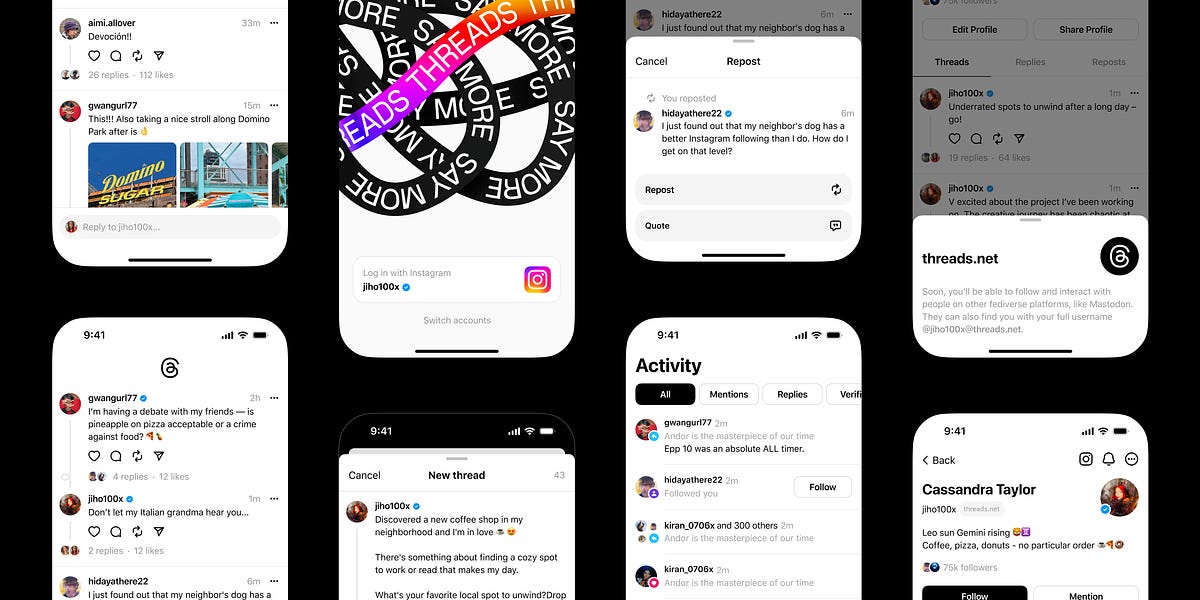- The Publisher Newsletter
- Posts
- Friday 7th July: The social media manager is dead, long live the community builder
Friday 7th July: The social media manager is dead, long live the community builder
TGIF! Today's newsletter is brought to you by Chris.
We’re less than two weeks away from the first Publisher Newsletter Awards, celebrating the best email newsletters in the business. We’ll be having a summer party at The Green Room, Colours Hoxton on Monday 17th July, and there are literally just a few tickets left. See you there?
Today's Media Roundup is brought to you by the Publisher Newsletter Awards. (Book this ad slot)
If you’re sick of having to decide which Twitter replacement to pick, just imagine how social media managers must feel. For most news publishers social is a vital part of how they disseminate content, engage with audiences, and generate some revenue if they’re lucky. But with new platforms springing up every other day, social media managers at those titles simply don’t have the resources to fully commit to each one.
For The Audiencers, Noémie Kemp explains how that surfeit of platforms and changing publisher priorities are changing how we think about community online. The article is largely about brands in general rather than newsbrands, but a lot of what she says about outreach and moderation are equally applicable:
“The community approach seeks to go further than Social Media Management. As well as relaying the brand’s messages, Community Building consists of creating a space dedicated to exchanges between members of the community, opening up a dialogue between the brand and them. And of course, to encourage this dialogue, the Community Builder is essential.”
From my limited time with Threads it seems incredibly bare-bones, a rushed launch to capitalise on Fisher King Musk’s ruination of his own kingdom. Threads has no plans for ads for this year at least, no alt-text or DMs… but by far the worst thing about it is the inability to only see thweets from people you follow. I was on it for five minutes yesterday and was already sick of seeing nonsense from accounts with names like ‘The Archbishop of Banterbury’.
This isn’t at all surprising, but it’s good to have some qualitative data on it. Of course if you prompt someone immediately after they’ve read something, they’re more likely to remember it as that information will have been recalled more often already. That’s doubly true when people have been told ‘there will be a test’ ahead of time. Nevertheless the implications for disinformation debunkers are interesting - but good luck getting readers to do quizzes regularly.
The problem with this trial is that neither side is especially credible. On the one hand, Prince Harry, who by all accounts hasn’t been especially good at providing evidence of his claims much less proving them. On the other, The Sun, a paper whose relationship status with the truth is effectively ‘divorced’ and whose parent company has paid out many millions for phone hacking claims there despite never actually admitting fault.
More from Media Voices







